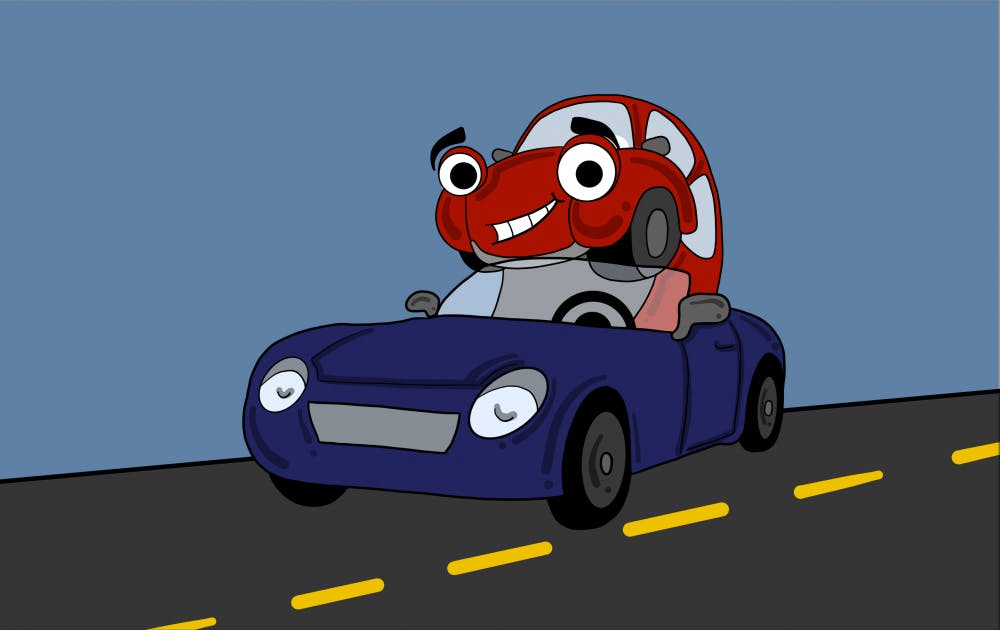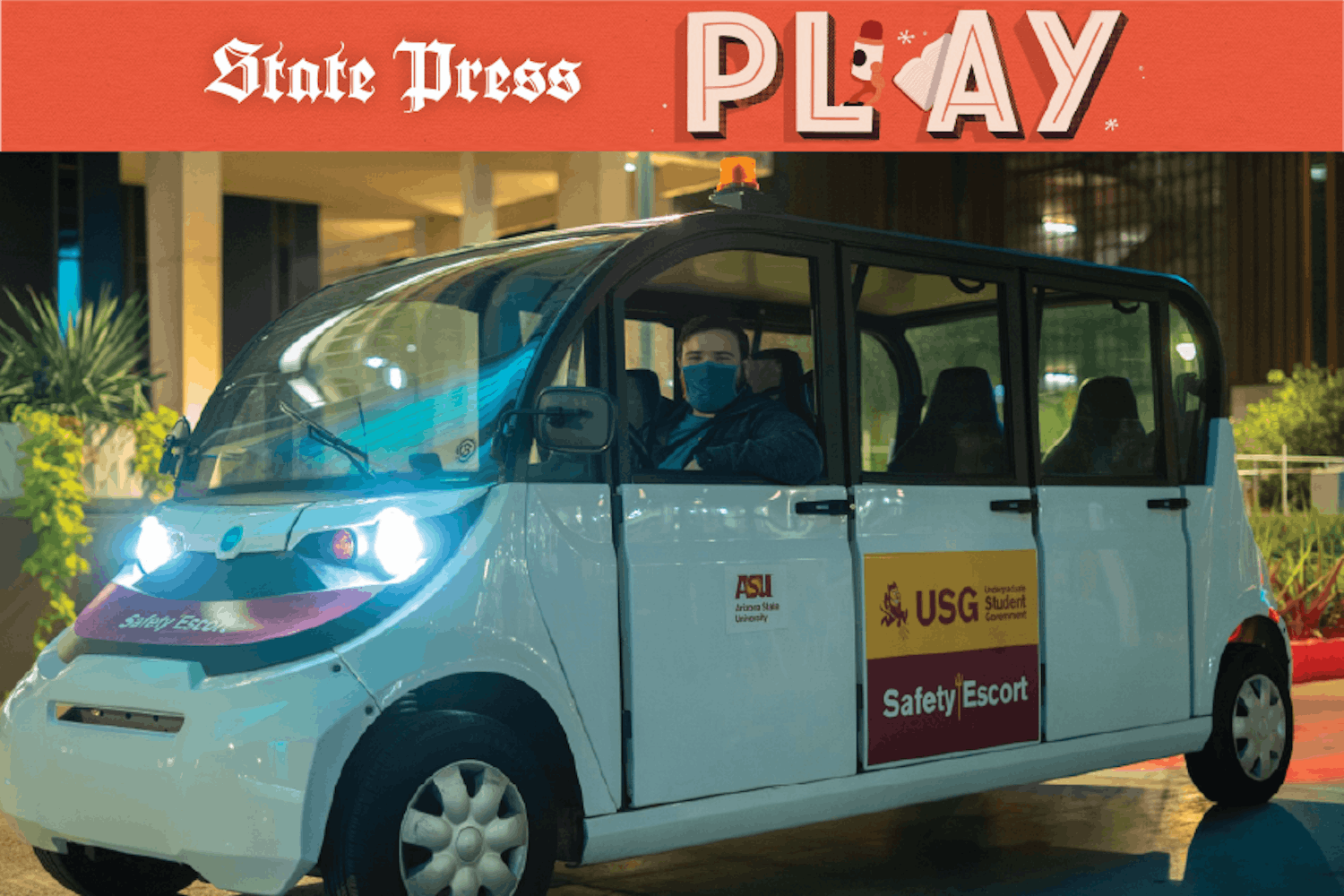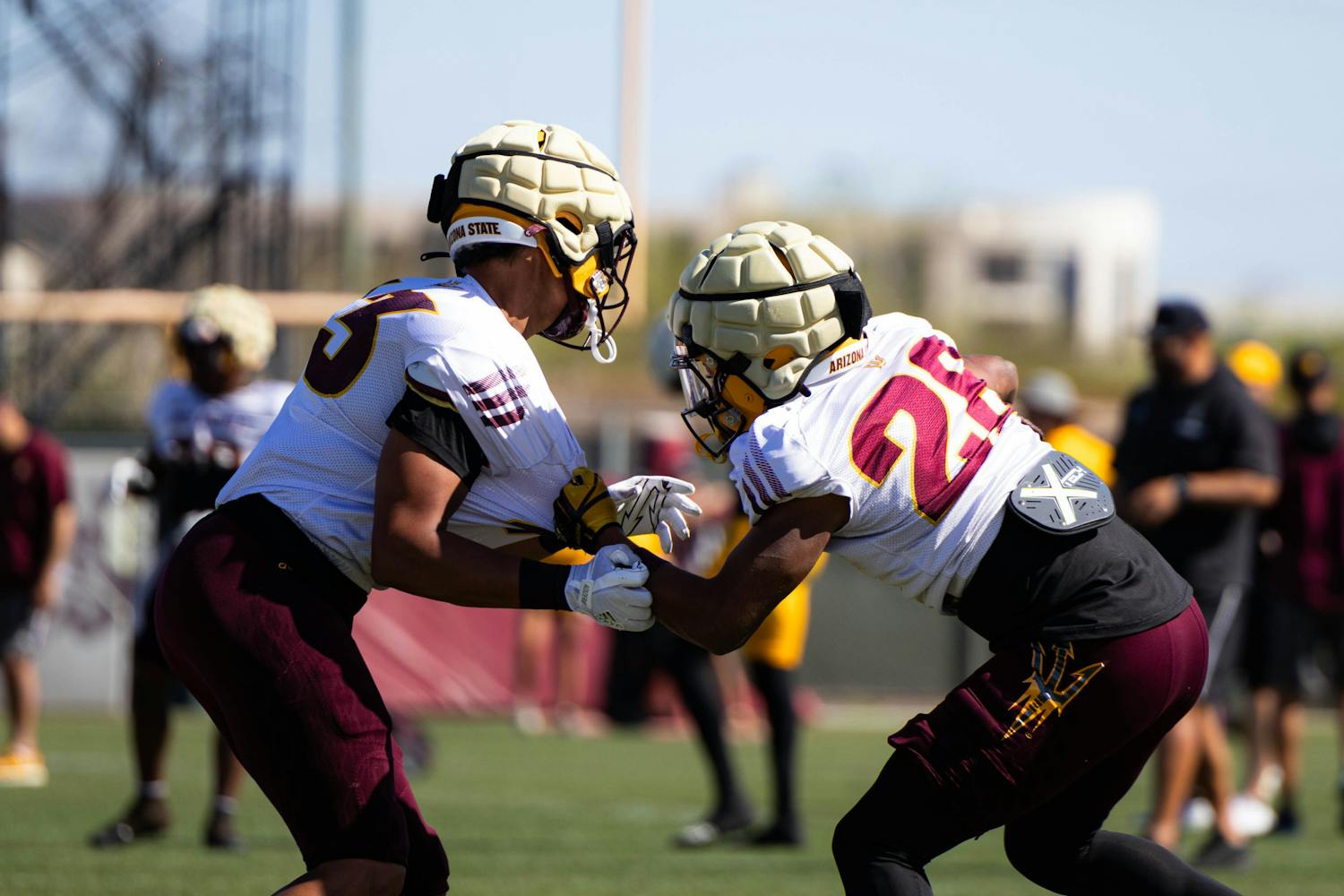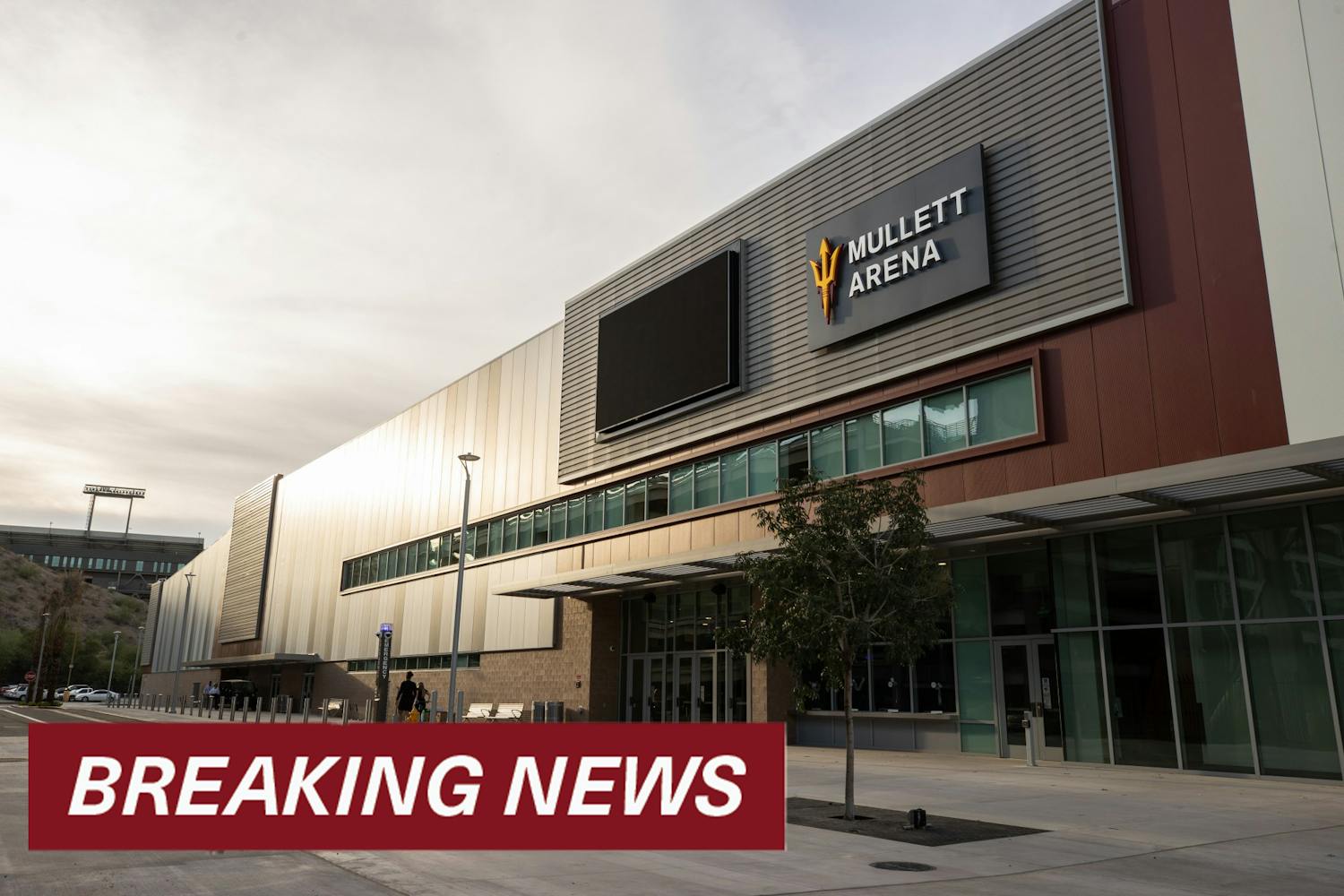After suspending operations following a fatal accident in Tempe last March, Uber's self-driving car has another chance to meet public roadways. As of November, Uber has published a safety report and requested to resume testing autonomous vehicles in Pennsylvania.
In an effort to improve safety, Uber disclosed in its report that it plans to continue further testing in Pittsburgh with manually driven cars equipped with self-driving technology. The vehicles will be driven with two Uber employees in the front seat and will assess drive quality through real-time, third-party monitoring.
After the crash, Governor Doug Ducey, who had previously welcomed the new technology, suspended Uber from further testing. This crash was the first fatal crash involving self-driving cars in the United States. In the hours following this crash, Uber immediately halted all testing of self-driving cars and did not publicly announce plans to restart.
According to Monica Hernandez, street transportation spokesperson for the city of Phoenix, self-driving cars still have a place on the roads.
“We are supportive of self-driving technology, however, safety is a very important aspect,” Hernandez said. “People’s safety should be the number one priority, always.”
Although Uber has not announced any plans to resume testing in Arizona, an Uber spokesperson confirmed in an email that the company intends to grow their self-driving efforts.
In a public statement from Uber, CEO Dara Khosrowshahi said that the transition to self-driving technology will take time. He also said that the transition would not be possible without testing on public roads.
According to Ashraf Gaffar, an assistant professor at Ira A Fulton Schools of Engineering, the way Uber goes about testing its autonomous vehicles could make all the difference in safety.
“I think that compared to others, Uber was doing a good job," Gaffar said. "Where people get into trouble is in in trusting the vehicles too much."
He also said that the business and money aspects of developing self-driving cars could cause companies to cut corners on minor safety features. However, if done well, self-driving cars could save countless lives.
“We have people die in car accidents every day; it’s so common it doesn’t even make the news," Gaffar said. "Self-driving cars could change that, but for now, they’re under a microscope."
Uber is currently testing its self-driving software cars through simulations. These simulations allow the company to test its software without the danger of conducting tests in public streets. According to its safety report, while simulations can provide key insights, Uber believes they are not enough to truly test the autonomous vehicles’ responses to real-life variables.
Andrew Maynard, director of the ASU Risk Innovation Lab and author of Films from the Future, a book analyzing the intersection of technology and morality in science fiction movies, said that while the technology is exciting, it may not be perfected in his lifetime.
“You can only see perfection through trial and error. The issue is doing that without people getting hurt,” Maynard said. “This technology could be really exciting. It could drastically decrease deaths on the road, provide means of transportation to young teens and the elderly.”
For Maynard, mixing machines and people at high speeds has proven to be a dangerous combination. Along with self-driving cars, Maynard said that people’s imperfect interactions with autonomous cars could be the key to actually improving self-driving technology.
“When it comes down to it, self-driving cars could really improve society. However, the only way we can accomplish that is to innovate responsibly,” he said.
Reach the reporter at kreinha3@asu.edu and follow @ReinhartKatelyn on Twitter.
Like The State Press on Facebook and follow @statepress on Twitter.




